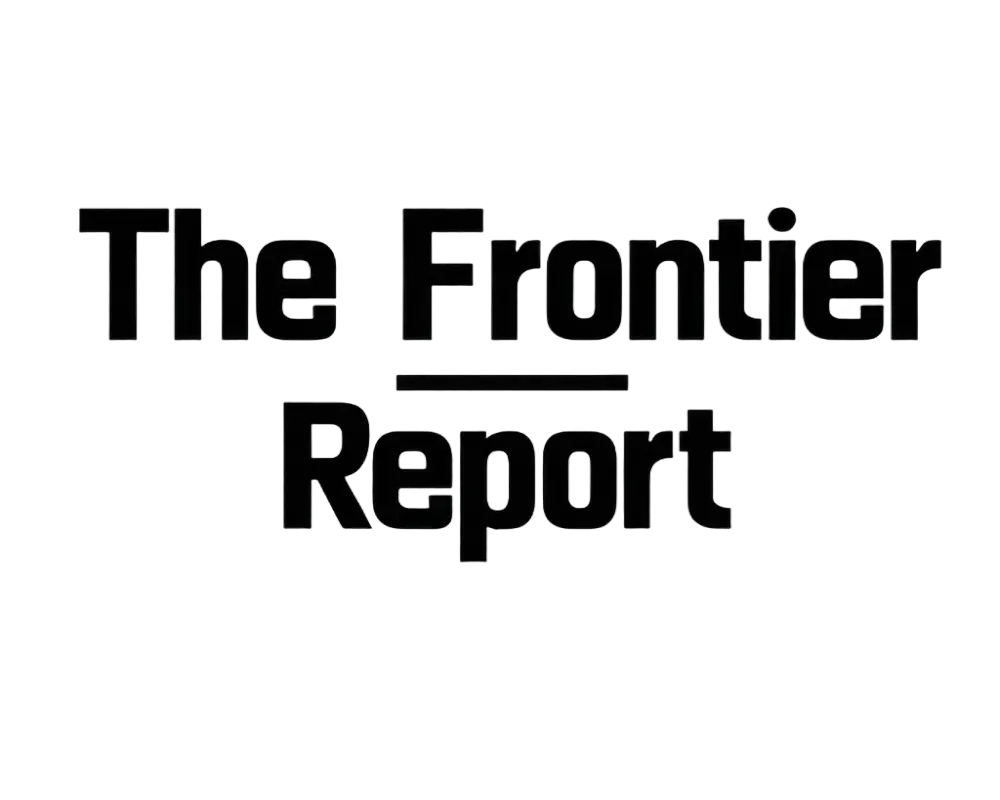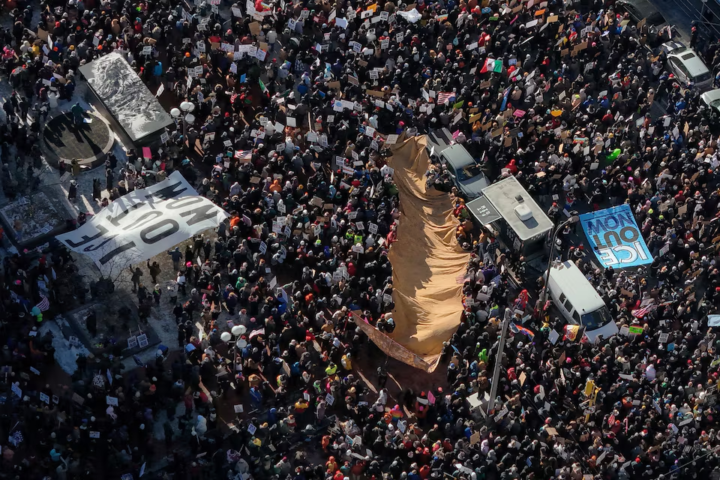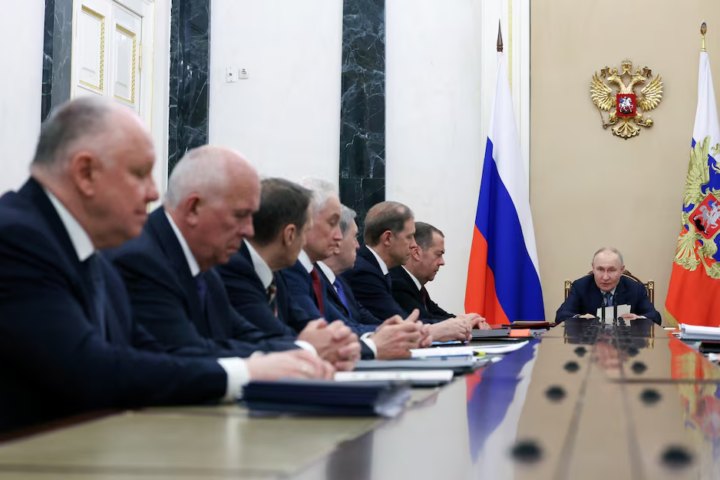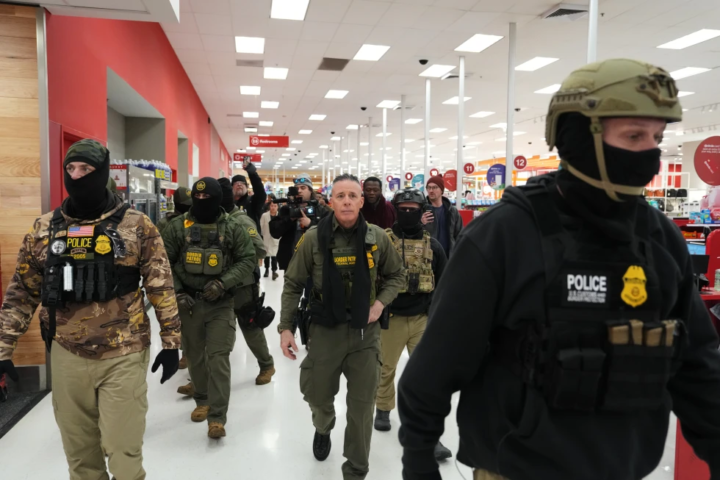A coalition of privacy and civil-rights groups has a blunt message for U.S. colleges: stop watching protesters. Their letter, sent to top universities nationwide, calls on schools to pull back from facial recognition, license-plate readers, social media scanning, Wi-Fi tracking, and sharing student data with cops or immigration agents. These tools, they say, don’t make campuses safer—they make students afraid to speak up.
It’s not just about tech. Since major student protests in 2024, many schools quietly ramped up monitoring. Some installed more cameras. Others brought in software that flags “threats” from posts or videos. But critics say that instead of preventing violence, the systems mostly record who shows up to rallies, who speaks, and who stands nearby. The result? Fewer students protest. More self-censor. And the risks—discipline, doxxing, police attention—aren’t felt equally.
The letter makes the stakes clear. Surveillance hits marginalized groups hardest. Automated tools often misread people of color. Social media flags catch peaceful activism as “risky.” International and undocumented students face even more danger. One wrong match could cost them their status—or worse.
The Problems Run Deep
Colleges like to call surveillance a “safety measure,” no different than a blue-light phone. But that’s not honest.
First, the tech just doesn’t work well. Face recognition fails in crowds and bad lighting. Social media scanners can’t tell anger from action. False alarms trigger real consequences—investigations, headlines, even threats. All for someone handing out a flyer.
Second, the law isn’t on their side. Public universities must follow the First Amendment. Mass tracking—Wi-Fi logs, ID swipes, geofence warrants—raises Fourth Amendment problems too. Even private schools aren’t off the hook. Many states have strict privacy laws. Many schools have policies that promise free expression. Surveillance risks breaking both.
Third, most campuses aren’t ready to handle the data. Logs, footage, and social media grabs get stored in big vendor systems. Who owns them? Who sees them? For how long? Nobody really knows. That opens the door to both abuse and leaks. If a university can’t say exactly what it collects, why it’s needed, and who has access, it shouldn’t collect it. Especially not during protests.
Fourth, the promised safety just isn’t there. What works? Clear rules. Trained staff. Honest dialogue. Students don’t need to be tracked to stay safe. They need to trust the system. Surveillance doesn’t build that trust. It breaks it.

What Schools Should Actually Do
The coalition’s plan isn’t radical. It’s basic democracy.
First, stop targeting protests. No face scans. No bulk social media sweeps. No mass Wi-Fi or badge tracking around rallies. Keep cameras where needed—but ditch the analytics. Set strict limits. Post public maps of what’s in use.
Second, don’t share student data unless the law demands it. No quiet handoffs to police. No helping ICE track down protestors. If data leaves campus, make sure there’s a real reason. And publish annual reports to show what was shared, and why.
Third, protect student safety. Let students mask up if they fear retaliation. Create a hotline for those being harassed. And ban the use of class rosters, dorm lists, or photo IDs to identify people at protests unless there’s a direct threat.
Fourth, train staff the right way. Teach de-escalation, not surveillance. Have named contacts for student organizers. Make protest protocols clear and public.
Finally, put the whole system under a spotlight. Let student governments and faculty senates approve or reject surveillance tech. Set expiration dates. Run independent audits and publish the results. If a tool fails the test—too vague, too biased, too broad—cut it.
Colleges are supposed to teach public participation. But if students learn that every protest leaves a digital trail, many will stop showing up. That’s not education. It’s quieting dissent. And it’s dangerous—for students and for democracy. It’s time to stop watching and start listening.









